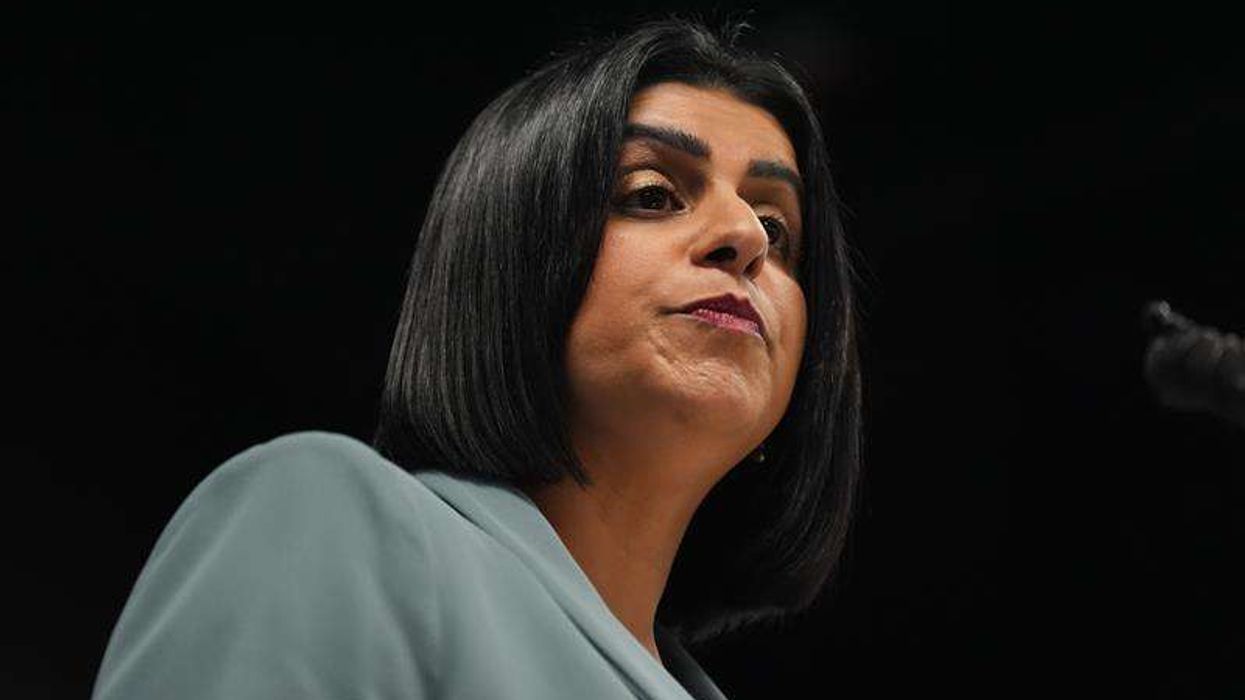By Amit Roy
CAPT TOM MOORE, now 100, captured the imagination of people in this country and beyond by raising £32.8 million for the NHS by walking round and round his garden in Marston Moretaine, Bedfordshire, aided by his walking frame.
Now, he has “written” his autobiography, Tomorrow Will Be A Good Day, for which he has apparently been paid £1.5m by his publishers, Michael Joseph.
Of his first marriage to “Billie”, he says, “things in the bedroom were not right between us from the start. The marriage was unconsummated.”
In marked contrast, India – where the motorcycle despatch rider spent the war years in his early 20s, initially based in Poona (now Pune) – offered plenty of opportunities for romance. With girls, Moore discovered more is more.
“In the posher areas of Poona, we discovered there were a few eligible daughters of the Raj and, of course, some chaps did their best to woo them,” he writes. “To their surprise, the girls were old-fashioned and rather snobbish, just like their parents. If approached in a flirtatious way, these young ladies would look the men up and down and say, ‘I can’t possibly talk to you until you have given your card to Daddy.’”
“I must confess to having an ulterior motive for my repeated trips to Bombay,” he goes on.
“Her name was Sylvia. She was half-Indian, half-French and the pretty younger sister of the girlfriend of a pal of mine. After I met Sylvia, I knew I had to get back to her arms as often as I could.
“She was delightful, so lovely that I started rushing the men through their training just so I could get to her every weekend. Sylvia and I would go to a bar for a drink and then out for a meal before returning to the house where she lived. It couldn’t last, of course. Bombay, or Mumbai as it is now, was on the west coast, and Burma (where he moved) was far to the east.”
Having “survived the war”, in July 1944, “I was promoted to captain. Having done my bit in the Arakan, I was owed some leave, so I decided to take a 2,000-mile train and road trip to Gulmarg in northern India.
“On my first night, sitting in the hotel bar, I met a pretty Anglo-Indian lady who reminded me of the lovely Sylvia. Her husband, she told me, was a prisoner of the Japanese and she’d gone to Kashmir to wait for news of him. We started chatting and became friendly. I hadn’t expected to find romance in the mountains, but there it was.”
Then, as now, our war hero exhibited plenty of energy.





 Sunder Katwala
Sunder Katwala






